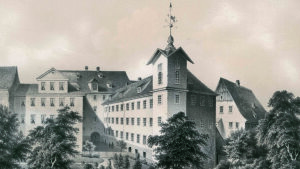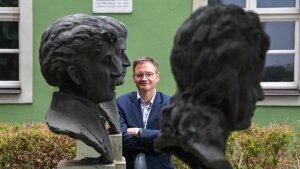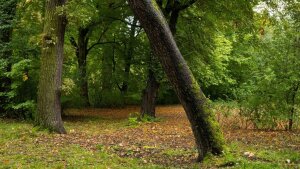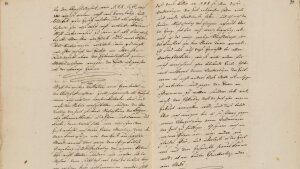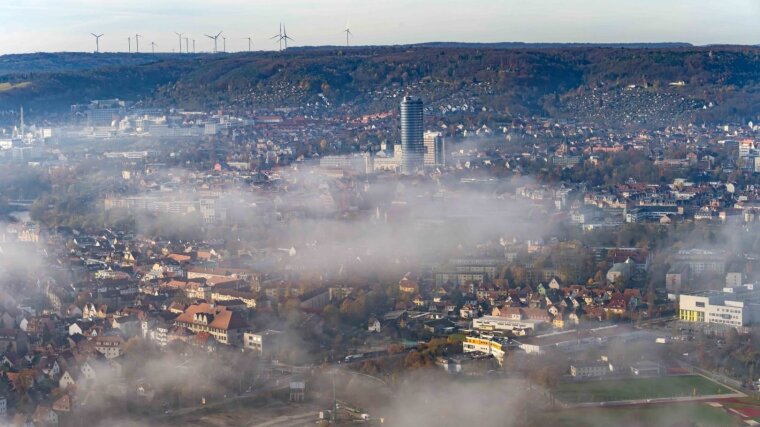
Does life have a meaning? And if so, what is it? Are we as individuals part of a greater whole? Some questions cannot be answered unequivocally, even with the most sophisticated scientific methods. But that does not stop us from searching for answers nevertheless. In doing so, we allow ourselves to be guided by our imagination: we create utopias, envision the future and imagine worlds and dimensions that go beyond those that can be measured and experienced. This form of conscious creation of meaning is an invention of Romanticism—the second innovative movement after the Enlightenment to set modernity on its way. Researchers at the University of Jena are studying the present-day traces of this era, in the very place where Romanticism had its origins in Germany.
